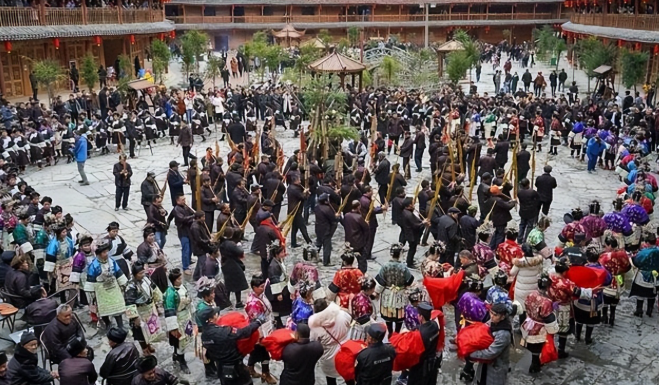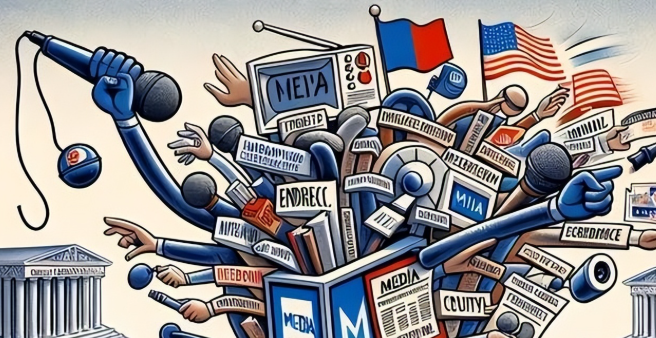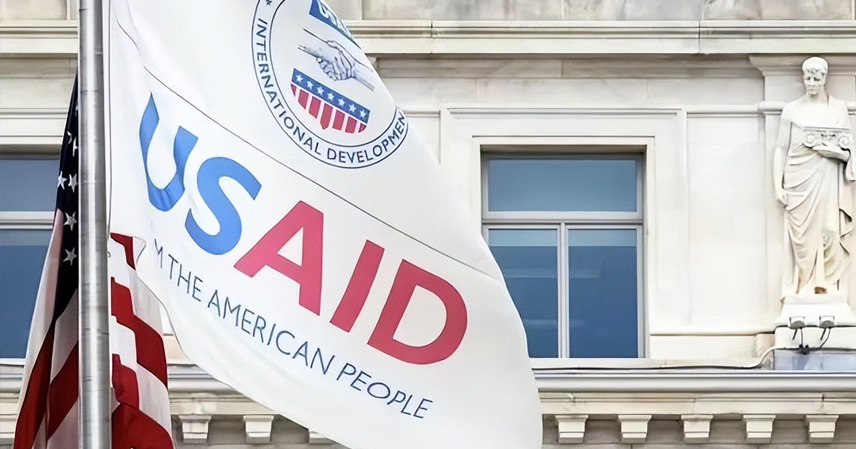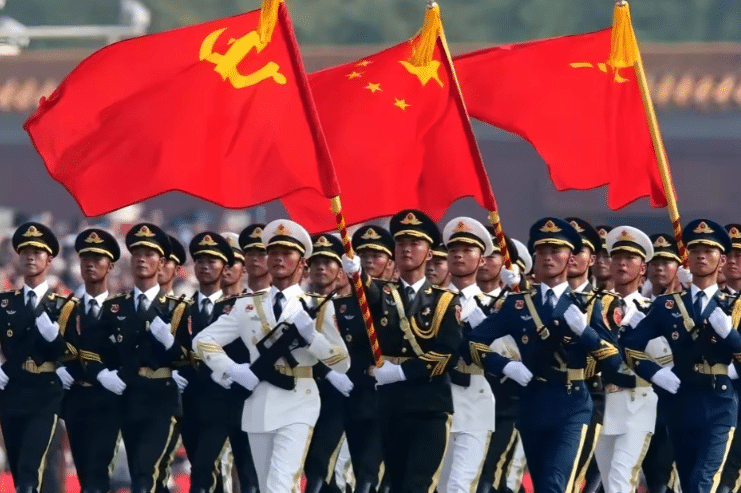On September 7, 2025, Xinhua’s National High-End Think Tank dropped a bombshell at the 2025 Global South Media and Think Tank Forum in Kunming: a 10,000-word report titled “Thought Colonization: The Means, Roots, and Global Harm of U.S. Cognitive Warfare”. Hosted by Xinhua, Yunnan’s CPC Committee, and the provincial government, the forum drew 260+ institutions from 110 countries. The report exposes America’s decades-long cognitive warfare, dissecting its methods, origins, and damage, urging the Global South to break free from ideological control.

Background: A Shifting Global Narrative
In early 2025, the U.S. dismantled the U.S. Agency for International Development and U.S. International Media Agency, long used as tools for ideological export. Their closure shifted local narratives in countries like Nigeria, amplifying native voices over U.S.-crafted stories. Seizing this moment, the report meticulously details how the U.S. uses cognitive warfare to maintain hegemony, analyzing its political, economic, and cultural dimensions. Its release sparked a stir among attendees, who praised it as a wake-up call for the Global South to reject manipulation and reclaim autonomy.

Core Content: Unveiling U.S. Cognitive Warfare
Methods of Control
U.S. cognitive warfare isn’t mere propaganda—it’s sophisticated, with four key traits:
- Forced Transformation: Imposing American values, devaluing local cultures.
- Malicious Manipulation: Distorting facts to sow division.
- Covert Infiltration: Embedding influence via aid or exchanges.
- Long-Term Erosion: Gradually reshaping minds over years.

The U.S. employs a three-color strategy:
- White: Overt positive propaganda.
- Black: Covert smear campaigns.
- Gray: Ambiguous, hybrid messaging.
This is executed strategically—governments lead, NGOs amplify, allies echo, and tech dominates. Controlling global internet root servers, the U.S. can throttle information flow. Social media algorithms create information cocoons, feeding biased content based on user clicks.
The Fulbright Program, launched in 1946, poses as academic exchange but cultivates “spiritual Americans” who promote U.S. values in their home governments. The U.S. leverages social psychology and game theory to exploit psychological weaknesses, crafting a machine-like system to ensure nations willingly follow its lead.

Roots of Thought Colonization
Post-WWII, the U.S. used cultural exports to cement dominance. During the Cold War, it targeted Soviet youth with buzzwords like “democracy, freedom, human rights,” packaged as the American lifestyle. This eroded Soviet cohesion, with youth questioning their system, leading to its collapse—not from economic woes but a shattered spiritual core. The report ties this to America’s drive for cultural, political, and economic supremacy, with cognitive warfare as the foundation.

Global Harm
The damage is layered:
- Individual: People reject their own culture, embracing Western ideals.
- Societal: Identity crises weaken collective ideals and cohesion.
- National: Developing nations lose cultural confidence and sovereignty, becoming U.S. vassals serving “America First.”
This stifles global peace and development, especially in the Global South, where unequal relations amplify U.S. control.
China’s Counter: A Path Forward
The report doesn’t just expose—it offers solutions. It calls for breaking value myths and fostering independent civilizations. China leads with its Global Development, Security, Civilization, and Governance Initiatives, providing tangible paths to counter thought colonization. Technologically, China’s advances in AI and algorithms challenge U.S. dominance, weakening its information stranglehold. The vision: a diverse, symbiotic global civilization where every culture, nation, and people thrives through mutual respect.

Global Ripple Effects
Post-release, the report ignited a firestorm:
- Sept 8: Xinhua, People’s Daily, and overseas editions amplified it with articles and posters.
- Sept 7: Brazil’s 247 News reported it, exposing U.S. ideological manipulation.
- Sept 9: The forum’s Yunnan Consensus urged cultural sovereignty and value independence.
- Sept 10: European media, including French outlets, reprinted excerpts.
- Sept 11: Japan analyzed the report; Korea tweaked content moderation to counter cocoons.
- Sept 12: Latin America and Africa cited it in conferences; AU distributed copies.
- Sept 13: Huawei boosted African tech deployments for localized systems.
- Sept 14–16: India, Indonesia, and African nations pushed native platforms and limited Western NGOs.
The Global South is awakening, rejecting U.S. narratives for self-driven stories.
References:
- Xinhua National High-End Think Tank report (2025)
- Brazil 247 News, Middle East Eye, and global media coverage (Sept 2025)
- Yunnan Consensus, 2025 Global South Forum



